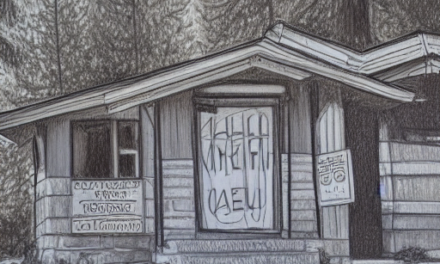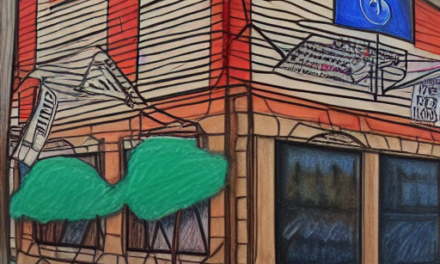One of the best tips on being more organized is to write down everything. Doing this will save you from relying on memory, which only adds stress. The best way to write down important information is to designate one place in which you will write down everything you need to remember. Many people who are not organized will find themselves forgetting important things, such as important family events or work deadlines. This can have a negative impact on their personal relationships as well.
Getting rid of clutter
One of the first steps in getting more organized is to get rid of clutter. This can include things you no longer need or like, things you’ve been saving for a later date, and things you don’t use regularly. When you are decluttering your home, you want to be as efficient as possible. To make decluttering easier, you can ask a friend to help you. Ask them to help you decide which big items to donate or throw away.
Another great way to get rid of clutter is to make a list. Making a list ensures you don’t purchase things you don’t need. Make sure to make a list before you go shopping. Don’t buy anything that isn’t already on your list, and check them twice before you make a purchase. You can also keep your mental clutter to a minimum by writing down thoughts. This makes it easier to organize your physical environment as well.
Another tip for being more organized is to invest in better storage. Avoid dumping everything on a table or counter and letting it collect. This will create an impression of chaos and make it difficult to find things you need. If your house is overflowing with clutter, investing in better storage can help you achieve a clutter-free environment.
Decluttering does not have to be a long and difficult process. Simply following a few of these quick tips will help you get a jump on reducing clutter in your home.
Writing down to-dos
Writing down to-dos can be an effective way to stay on top of your priorities and be more productive. A recent study showed that people who write down their to-dos can actually remember more of them. Researchers gave participants 40 seconds to draw and write down the words on a list. The study also found that people with to-do lists tend to complete them quicker than those who do not.
To make a to-do list, you should start with the most important tasks. For example, if you are trying to write a blog post, you should first write down all of the steps that you need to take to complete the post. Once you have written them down, sort them by priority. This way, you will be able to see which tasks are the most important and which ones are less important. Then, you can divide the tasks into smaller, easier-to-manage groups.
Once you’ve made your list, you should assign a due date to each item. If it’s not urgent, then it might be best to move it to a future date. Having a deadline is important for making sure you’re staying on top of your tasks. By making your tasks due on a set date, you’ll know when to complete them and will feel more organized.
If your to-do list contains too many items, you might end up being stressed and overwhelmed. This is because you’re constantly reminded of unfinished tasks. Instead of letting the stress of an overwhelming to-do list build up, write down the things that are more important and leave the ones that can wait until the next day.
Eliminating distractions
Eliminating distractions is one of the most important ways to increase your productivity. Distractions can prevent you from focusing on the task at hand and prevent you from making quick progress. This can lead to procrastination, time wasting, and dragged out projects.
One of the best ways to eliminate distractions is to schedule personal tasks. This way, you’ll have more time to complete your work. It’s also better to avoid distractions from technology. It’s important to turn off notifications on your phone, leave your smartwatch in another room, and keep your Netflix account off until after your workday. This can make you more focused and productive and help you get your work done earlier.
When dealing with unplanned enquiries, try to find the root cause and resolve the problem before letting it escalate. Another way to minimize interruptions is to share the workload with your coworkers. By sharing the load, you’ll be more effective at tackling tasks and minimizing disruptions. If you’re a manager, learn to delegate effectively so you can be available to your team members.
Another way to eliminate distractions is to set daily goals. For example, if you work from home, try to get up at the same time each day and schedule tasks the night before. Make sure to stick to it. This will prevent you from getting distracted and wasting time. Also, it will enable you to make quick progress.
Another way to avoid distractions is to keep your workspace tidy and organized. You should clear out your workspace regularly, file paperwork, and remove superfluous items. Having an organized workspace will improve your concentration. Clutter causes the brain to become overstimulated, and affects short-term memory and cognitive abilities.
Creating a plan to keep yourself organized
The best way to stay organized is to write everything down. Relying on memory to remember important details will only add to your stress. Write down what needs to get done, when, and in what order. Creating lists will also help you prioritize your tasks. Make a list of the most important things to do each day.
Having a daily and weekly schedule will help you stay organized. It will help you to stay on track with tasks and keep track of meetings. When you plan your day ahead, you should review these lists to make sure that you are not forgetting anything. Experts suggest that you look at your list of daily and weekly tasks at the end of the day and the beginning of the following day.













